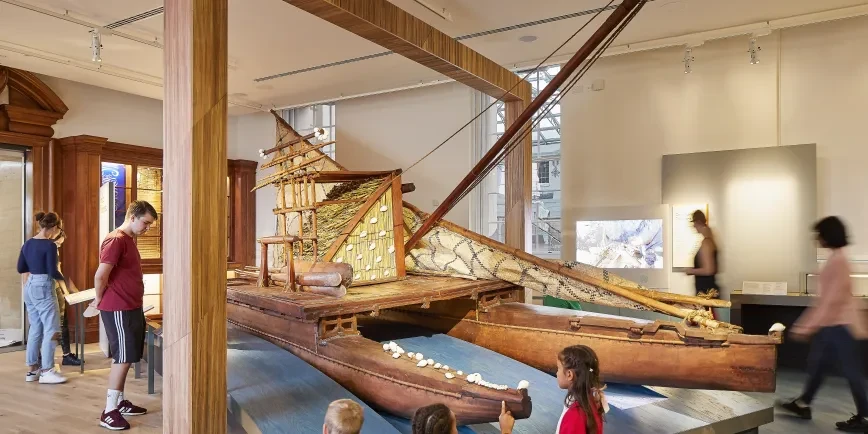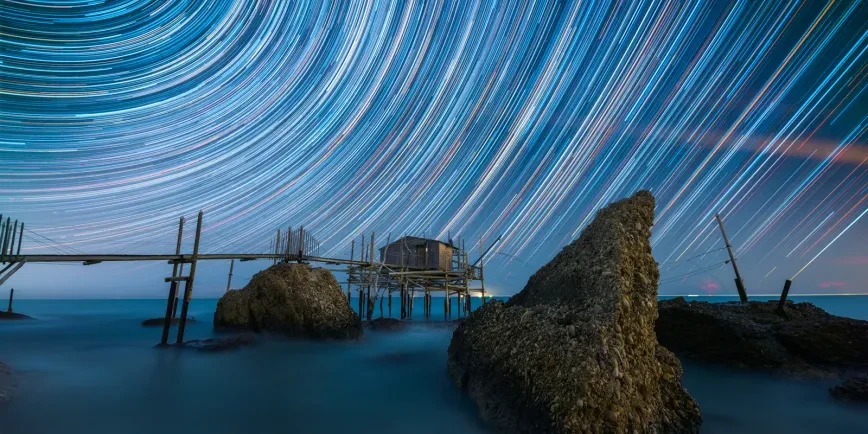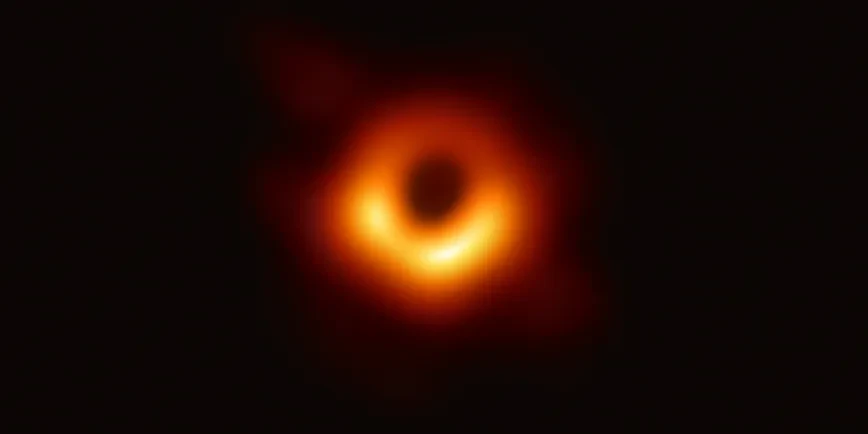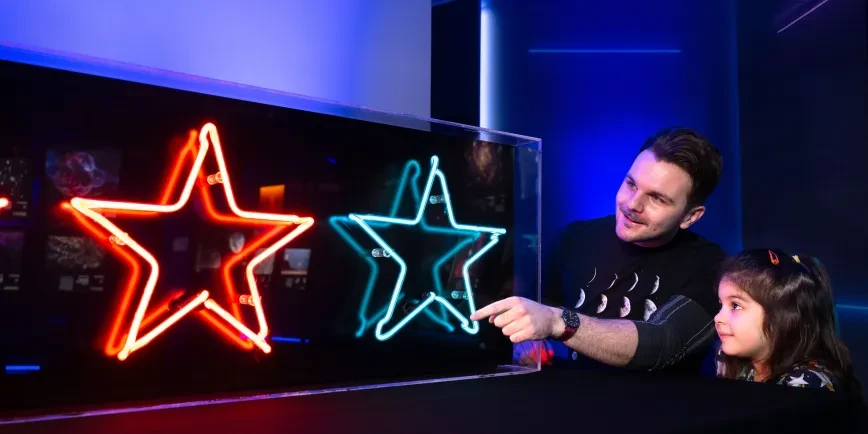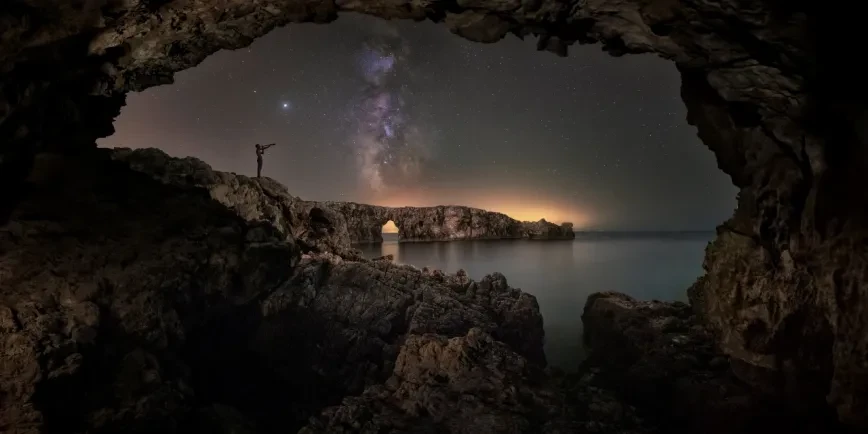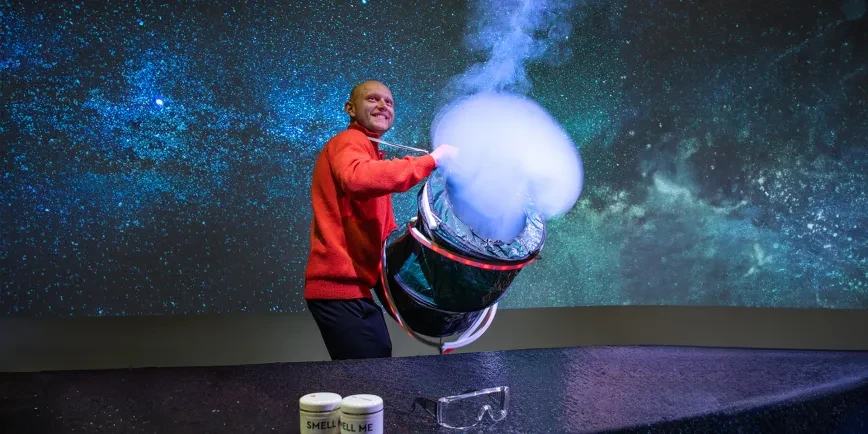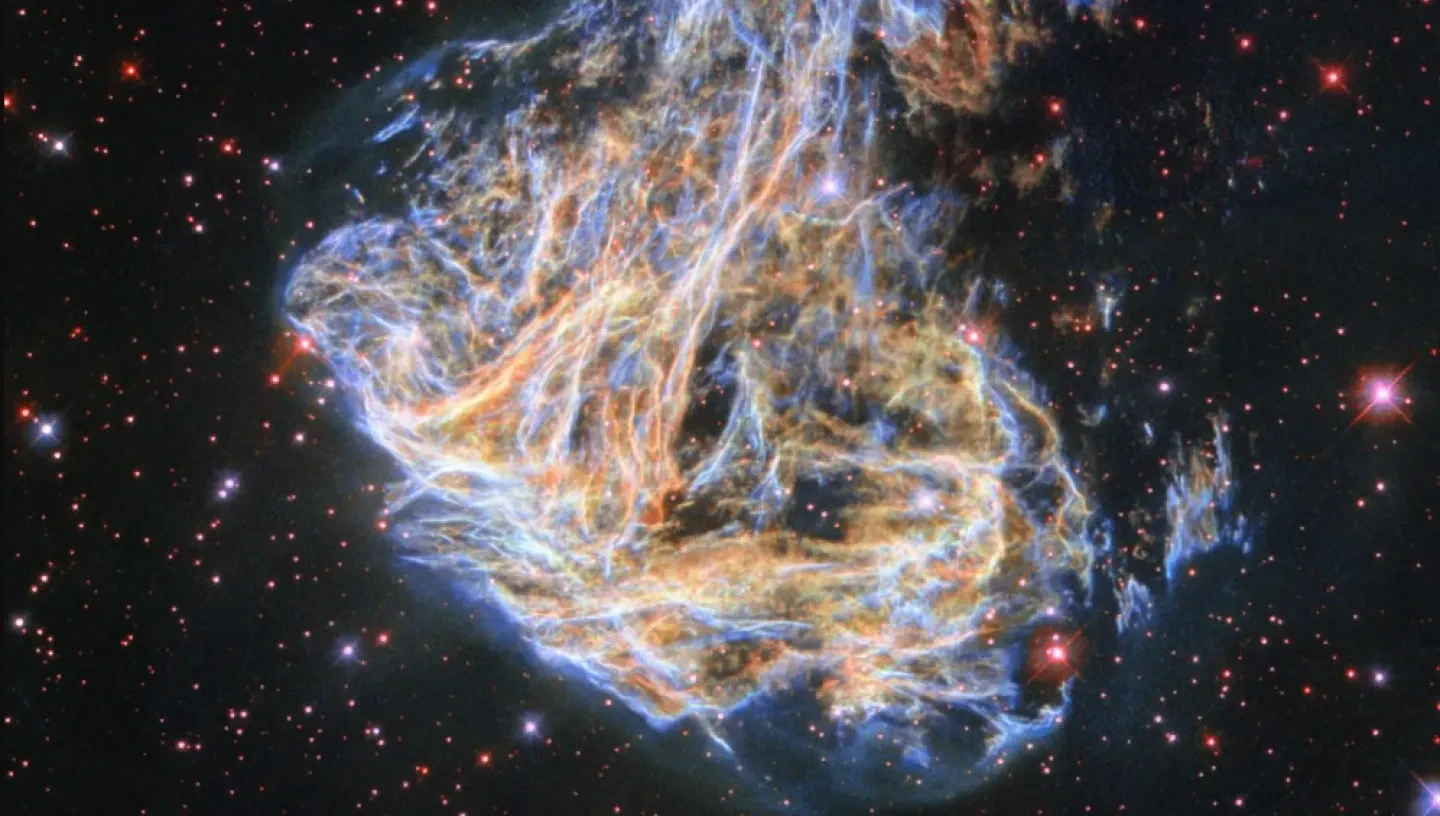
Essential information
| Type | Talks and tours |
|---|---|
| Location | |
| Date and times | Monday 13 May 2024 | Doors at 6.30pm, event starts at 7.15pm |
| Prices | Free | Flamsteed Astronomy Society Members only |
Supernovae mark the final explosion and death of either massive stars or white dwarfs in binary systems. They happen about once every hundred years in a typical galaxy and we are probably overdue a supernova in the Milky Way. These explosions can outshine a whole galaxy, produce neutron stars and black holes, and are the source of many of the chemical elements in the Periodic Table. They are found in both the nearby and distant Universe by telescopes on the Earth and in space. For the first time in history we can survey the whole sky every 24 hours, finding anything that moves or flashes. Professor Stephen Smartt will review some of the latest work on supernova research and how the new Vera Rubin Observatory will revolutionise the field.
About the speaker
Stephen J. Smartt CBE FRS is an astrophysicist from Northern Ireland who specialises in stellar evolution, supernovae and time domain sky surveys. He led several international projects to uncover an unexpected diversity in the physics of stellar death and has discovered some of the Universe’s most luminous supernovae measuring their mass, luminosity and the chemical elements synthesised. Stephen also played a leading role in the discovery and physical understanding of the first electromagnetic counterpart to a gravitational wave source.
What’s on
More Member events at Royal Museums Greenwich.
Header image: Supernova remnant DEM L 190, Credits: ESA Hubble and NASA, S. Kulkarni, Y. Chu
